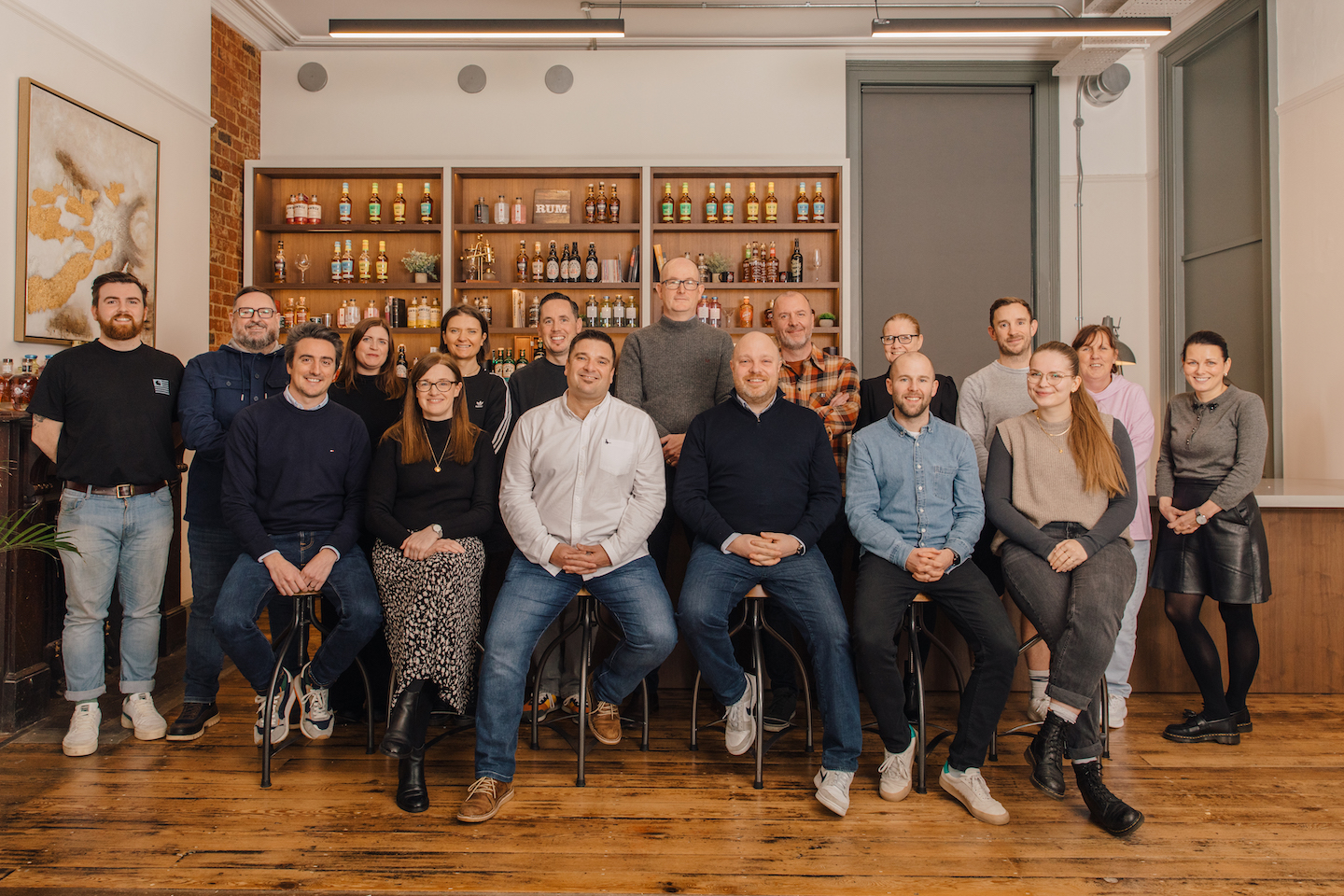

Drinksology Kirker Greer

Belfast district, United Kingdom
September 2024
Food products
Wholesale/Retail
Australia,
Austria,
Belgium,
Canada,
Croatia (Hrvatska),
Denmark,
Estonia,
Finland,
France,
Germany,
Greece,
Hungary,
Ireland,
Italy,
Japan,
Latvia,
Lithuania,
Luxembourg,
Macedonia,
Netherlands The,
New Zealand,
Norway,
Poland,
Romania,
Singapore,
Slovenia,
Spain,
Sweden,
Switzerland,
Turkey,
Ukraine,
United Arab Emirates,
United Kingdom,
United States
Drinksology Kirker Greer (DKG) is a Belfast-based company at the forefront of the global premium Alco-Bev industry; committed to balancing commercial growth and purpose. Consisting of three divisions, each is equally committed to meeting the highest standards of social and environmental responsibility, key principles for B Corp certification. Drinksology Creative, an experiential design agency, has shaped some of the world’s most iconic bars and brand homes, including The Dead Rabbit (New York), The Johnnie Walker Experience (Edinburgh), and the Guinness Open Gate Brewery (Dublin); Kirker Greer Spirits owns an award-winning portfolio of premium brands such as Ukiyo Japanese Spirits, Jawbox Irish Gin, and Kirker Shamrock Irish Whiskey; and Spiritly, DKG’s e-commerce platforms focus on best in class service through both DTC and B2B channels. No matter the business or brief, we always consider community impact, sustainability and ethical responsibility. Our mission is to be one of the world’s most trusted and respected beverage companies, embedding social and environmental responsibility into all aspects of our operations.
Overall B Impact Score
Governance 18.9
Governance evaluates a company's overall mission, engagement around its social/environmental impact, ethics, and transparency. This section also evaluates the ability of a company to protect their mission and formally consider stakeholders in decision making through their corporate structure (e.g. benefit corporation) or corporate governing documents.
What is this? A company with an Impact Business Model is intentionally designed to create a specific positive outcome for one of its stakeholders - such as workers, community, environment, or customers.
Workers 25.3
Workers evaluates a company’s contributions to its employees’ financial security, health & safety, wellness, career development, and engagement & satisfaction. In addition, this section recognizes business models designed to benefit workers, such as companies that are at least 40% owned by non-executive employees and those that have workforce development programs to support individuals with barriers to employment.
Community 19.0
Community evaluates a company’s engagement with and impact on the communities in which it operates, hires from, and sources from. Topics include diversity, equity & inclusion, economic impact, civic engagement, charitable giving, and supply chain management. In addition, this section recognizes business models that are designed to address specific community-oriented problems, such as poverty alleviation through fair trade sourcing or distribution via microenterprises, producer cooperative models, locally focused economic development, and formal charitable giving commitments.
Environment 16.5
Environment evaluates a company’s overall environmental management practices as well as its impact on the air, climate, water, land, and biodiversity. This includes the direct impact of a company’s operations and, when applicable its supply chain and distribution channels. This section also recognizes companies with environmentally innovative production processes and those that sell products or services that have a positive environmental impact. Some examples might include products and services that create renewable energy, reduce consumption or waste, conserve land or wildlife, provide less toxic alternatives to the market, or educate people about environmental problems.
Customers 5.0
Customers evaluates a company’s stewardship of its customers through the quality of its products and services, ethical marketing, data privacy and security, and feedback channels. In addition, this section recognizes products or services that are designed to address a particular social problem for or through its customers, such as health or educational products, arts & media products, serving underserved customers/clients, and services that improve the social impact of other businesses or organizations.